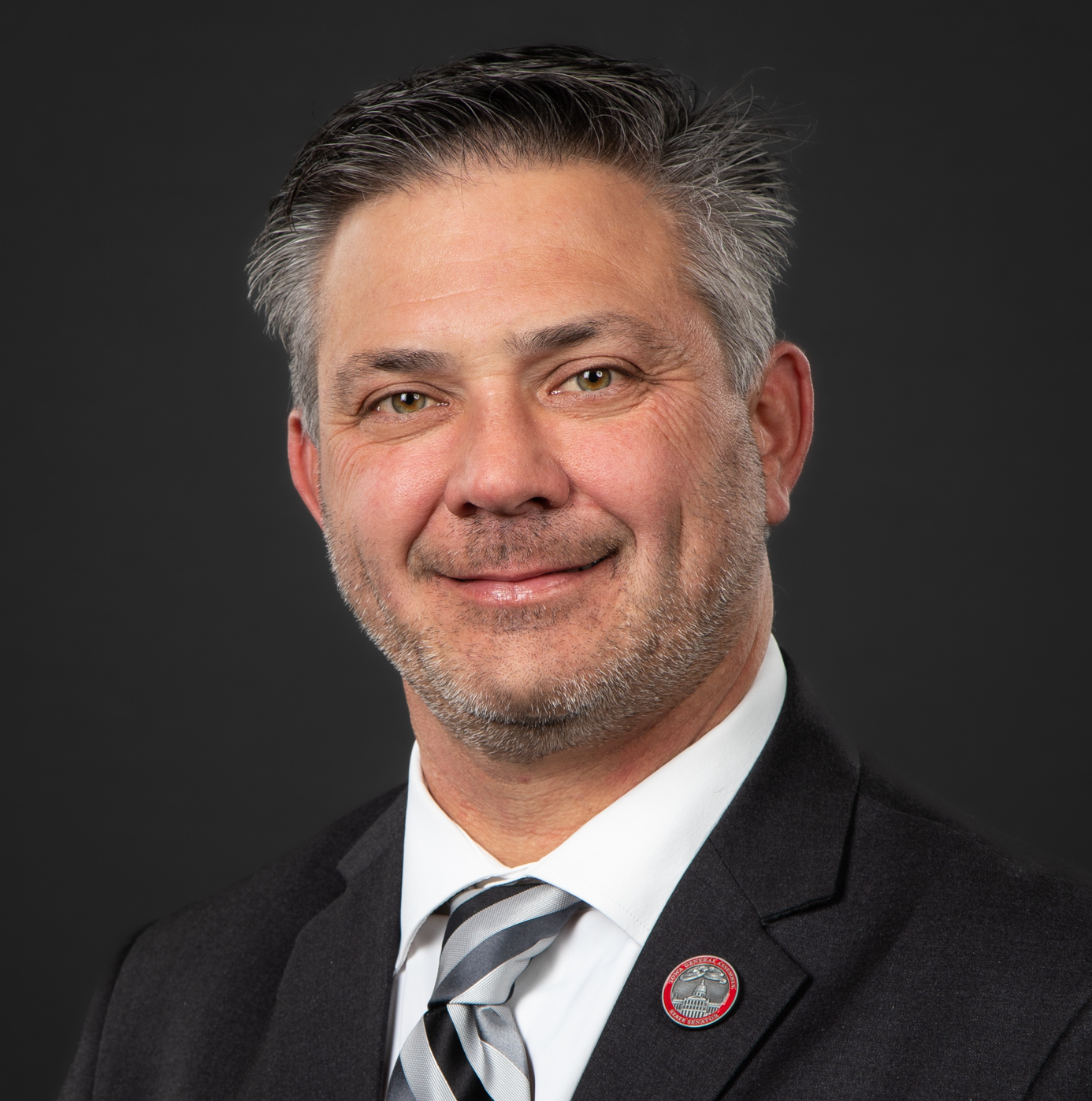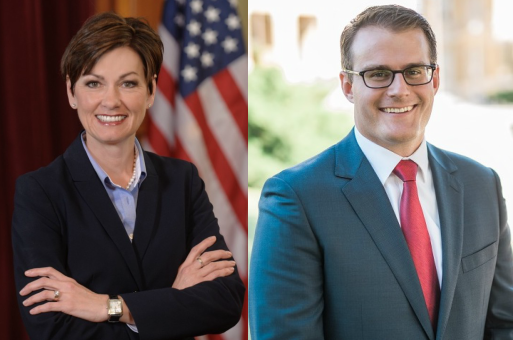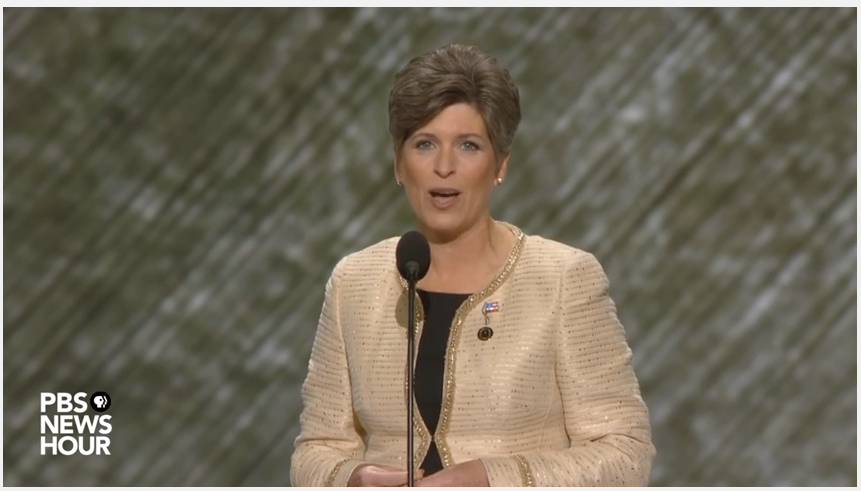All topics are welcome in this open thread. I’d like to hear from Bleeding Heartland readers about the next race for Iowa governor. Winning that election needs to be a top priority for Iowa Democrats.
I remain 100 percent convinced that Terry Branstad will not serve out his entire sixth term. By the end of 2015, he will have set a record as the longest-serving governor in U.S. history. He is committed to “grooming” Lieutenant Governor Kim Reynolds to be the next governor. But Reynolds was almost unknown when Branstad selected her as his running mate. She had only two years of experience in the state legislature, all of it in the Iowa Senate minority. Before that, she had a long tenure as the Clarke County treasurer, a job that doesn’t allow politicians to build up a profile outside their home county.
Since Reynolds has no constituency in the Republican base, I find it hard to imagine she could win the nomination for governor campaigning from her current job. However, if she has a year or more under her belt as governor by the spring of 2018, she might have a fighting chance in the GOP primary. Even then, I don’t think other Republicans would give her a pass. Plenty of people have ambitions to succeed Branstad. I’ll be surprised if Secretary of Agriculture Bill Northey doesn’t run for governor during the next cycle.
On the Democratic side, several state lawmakers could be credible candidates for governor. Iowa Senate President Pam Jochum considered it this past cycle but opted out for family reasons. I hope Jochum will take the plunge in 2018, as she would be a great candidate and a fantastic governor. State Senators Janet Petersen and Rob Hogg would also be excellent leaders and will probably also give this race a look.
UPDATE: Two-time candidate for secretary of state Jake Porter is considering a gubernatorial bid on the Libertarian ticket and sees both outgoing Secretary of State Matt Schultz and newly-elected Secretary of State Paul Pate as likely Republican candidates. Pate sought the GOP nomination for governor in 1998 after one term in the secretary of state’s office, so he could easily do that again. I find it hard to believe that the Madison County attorney position will give Schultz a good launching pad for a gubernatorial campaign, but anything is possible.
Porter also mentioned State Treasurer Mike Fitzgerald as a possible Democratic candidate. Fitzgerald considered running for governor in 2013.
SECOND UPDATE: Lots of names being floated in the comments: Bob Vander Plaats, Iowa House Speaker Kraig Paulsen, State Representative Peter Cownie, and State Senator Amy Sinclair on the Republican side; newly elected State Senator Chaz Allen or State Representative Nancy Dunkel on the Democratic side.
Erin Murphy, who covers Iowa politics for Lee Enterprises newspapers, has predicted a matchup between Jochum and Reynolds in 2018. I like Jochum’s odds there, a lot.
Associated Press reporter Ryan Foley reports that Republican strategists are “keeping a close eye” on Chaz Allen. I wonder whether that may be wishful thinking on their part, as they appear to have no chance of winning Iowa Senate district 15 as long as Allen is around. I think 2018 would be a little early for him to run for governor.
I should also mention that incoming U.S. Senator Joni Ernst will probably go all-in for Reynolds in the 2018 primary. Reynolds helped to recruit Ernst for the Iowa Senate and later for the U.S. Senate race.
THIRD UPDATE: Some Iowa politics-watchers expect State Senator Liz Mathis to run for governor in 2018. I don’t think she would run against Petersen or Jochum in a primary, though, and I consider either of them more likely to run than Mathis.








